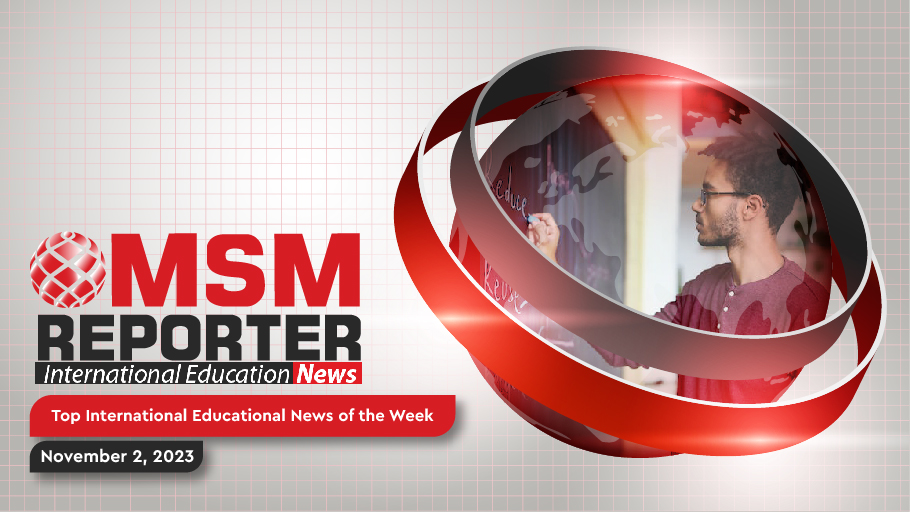This website uses cookies to assist to personalize content, analyze our traffic, and to assist with our promotional and marketing campaigns. We also share information about your use of our site with our social media, advertising, and analytics team who may combine it with other information that you’ve provided to them or that they’ve collected from your use of their services. For more information about your cookies and how to change your settings, refer to our Privacy Policy.

Close



